Jan 2, 2025
Psychology
Featured
Why Hate The Good Guys: Understanding Antisocial Punishment
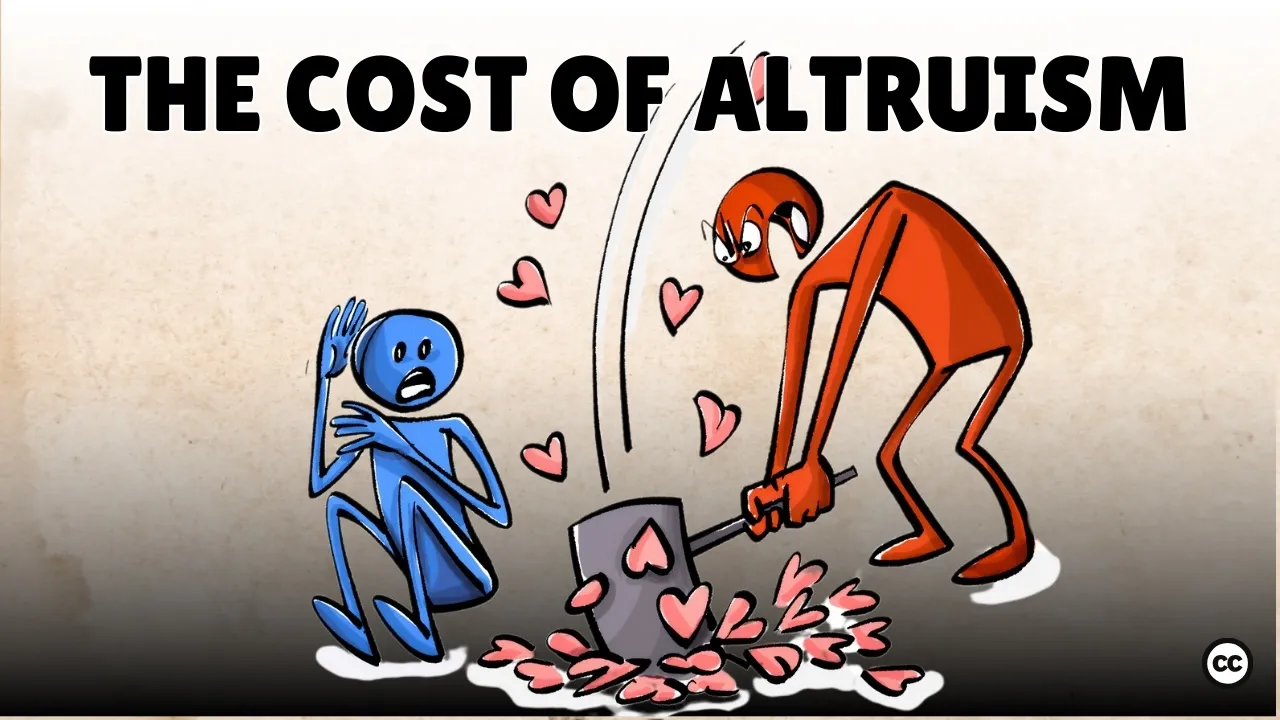
In the realm of social behavior, we often encounter a puzzling phenomenon: the tendency to penalize those who exhibit altruism. This blog explores the concept of antisocial punishment, where individuals who contribute positively to their communities are often treated like villains. This counterintuitive twist on justice can have profound implications for society, discouraging generosity and selflessness. Let’s delve into the reasons behind this behavior and its impact on our collective well-being.
When Norms Punish Altruism
Social norms play a crucial role in defining acceptable behavior within a community. Those who deviate from these norms, even with good intentions, may find themselves facing backlash. For instance, when someone acts generously, they may be perceived as a threat to the established order. This is because we tend to see those who conform to social norms as safe and those who don't as potentially dangerous.
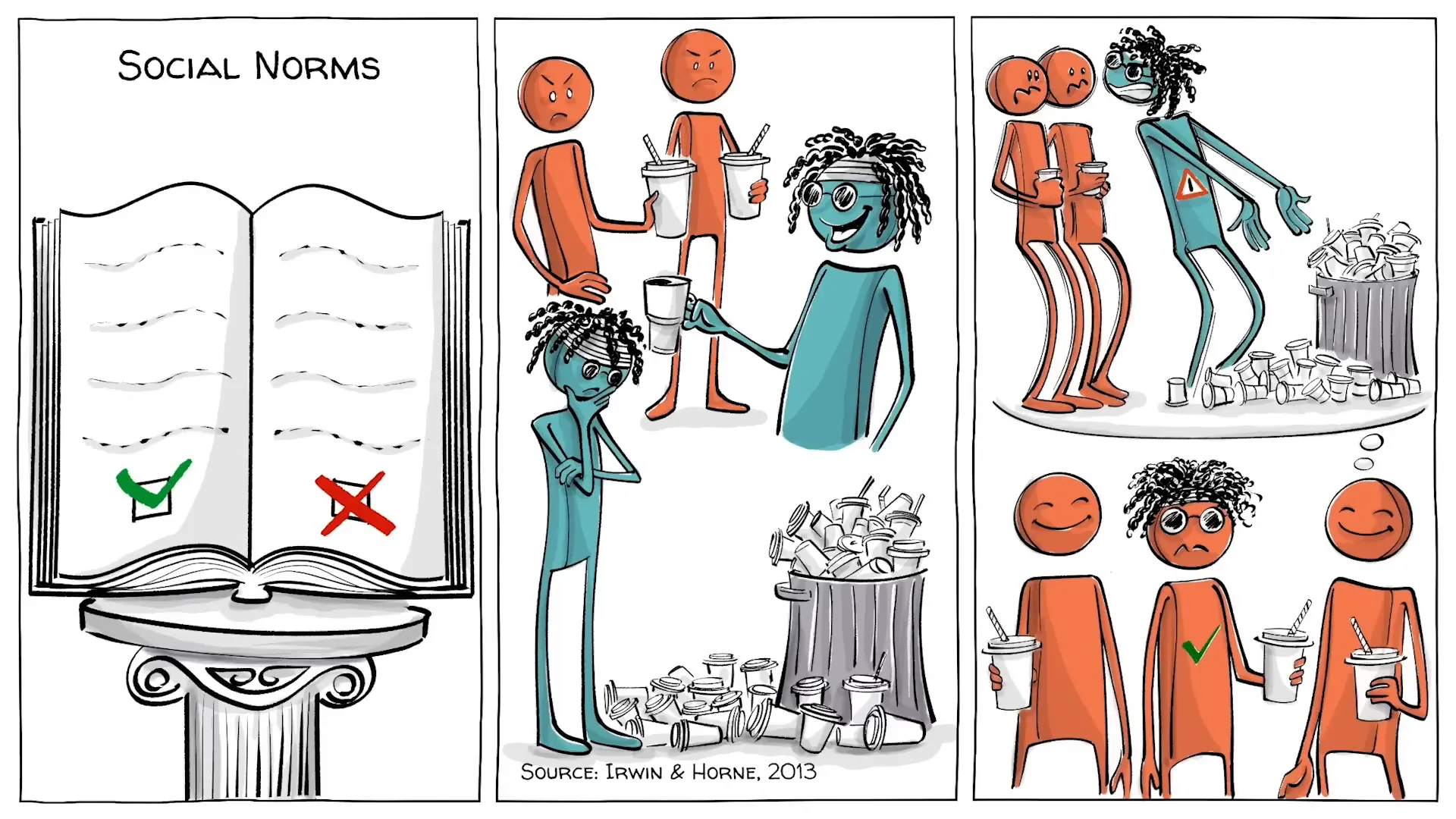
Misjudging Generosity
Our past experiences shape our perceptions of others. When individuals who appear nice end up hurting us—such as through scams or betrayals—we become wary of those who display unusual levels of generosity. This distrust can lead to a misinterpretation of intentions, causing us to view altruistic actions with skepticism rather than appreciation.
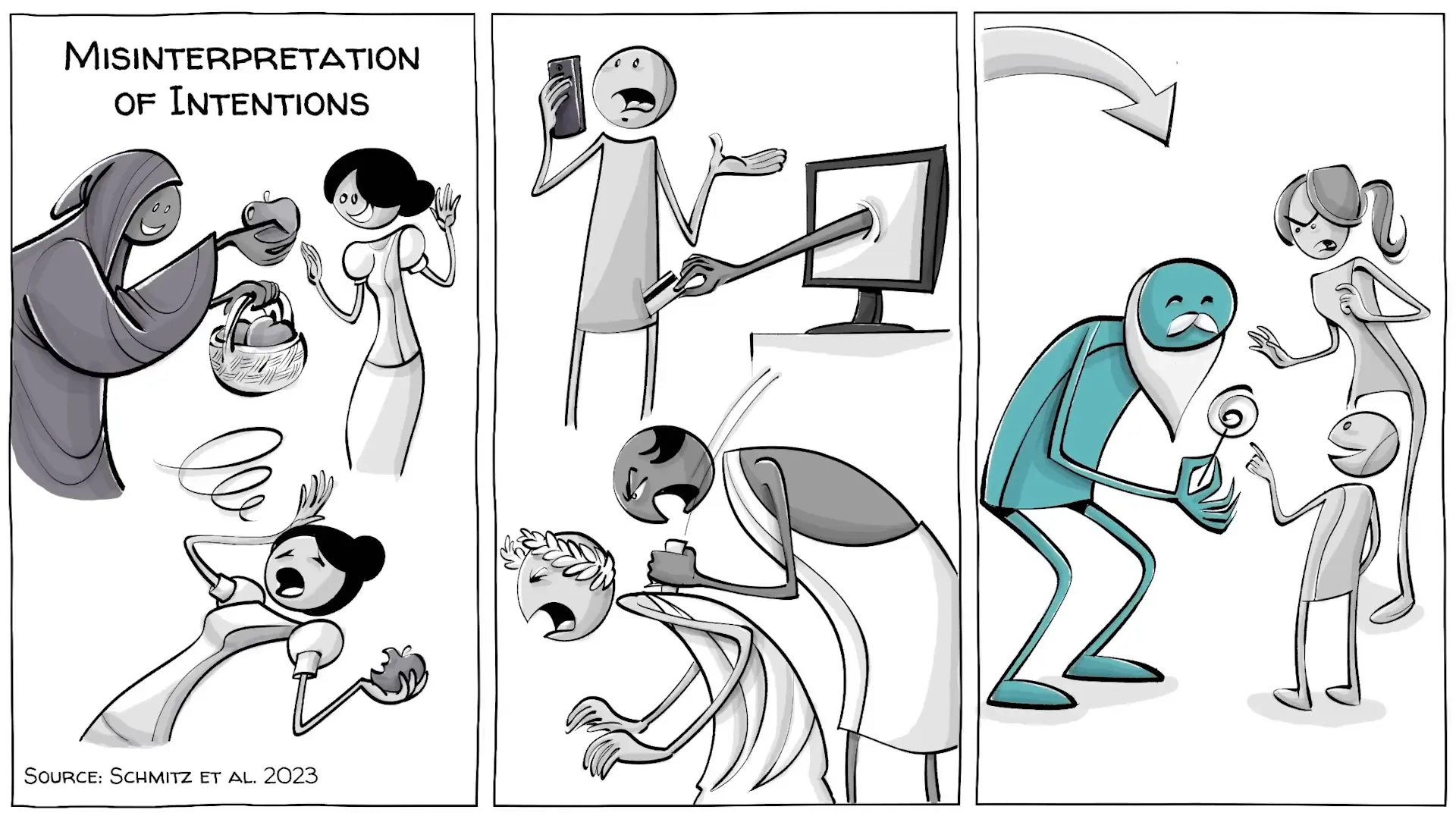
Status and Sabotaging Altruists
Another factor contributing to antisocial punishment is the desire for status. When someone demonstrates kindness and virtue, it can inadvertently threaten the status of others. In response, individuals may resort to sabotaging altruists as a means of self-advancement. This dynamic creates an environment where helping others is seen as a threat rather than a positive contribution.
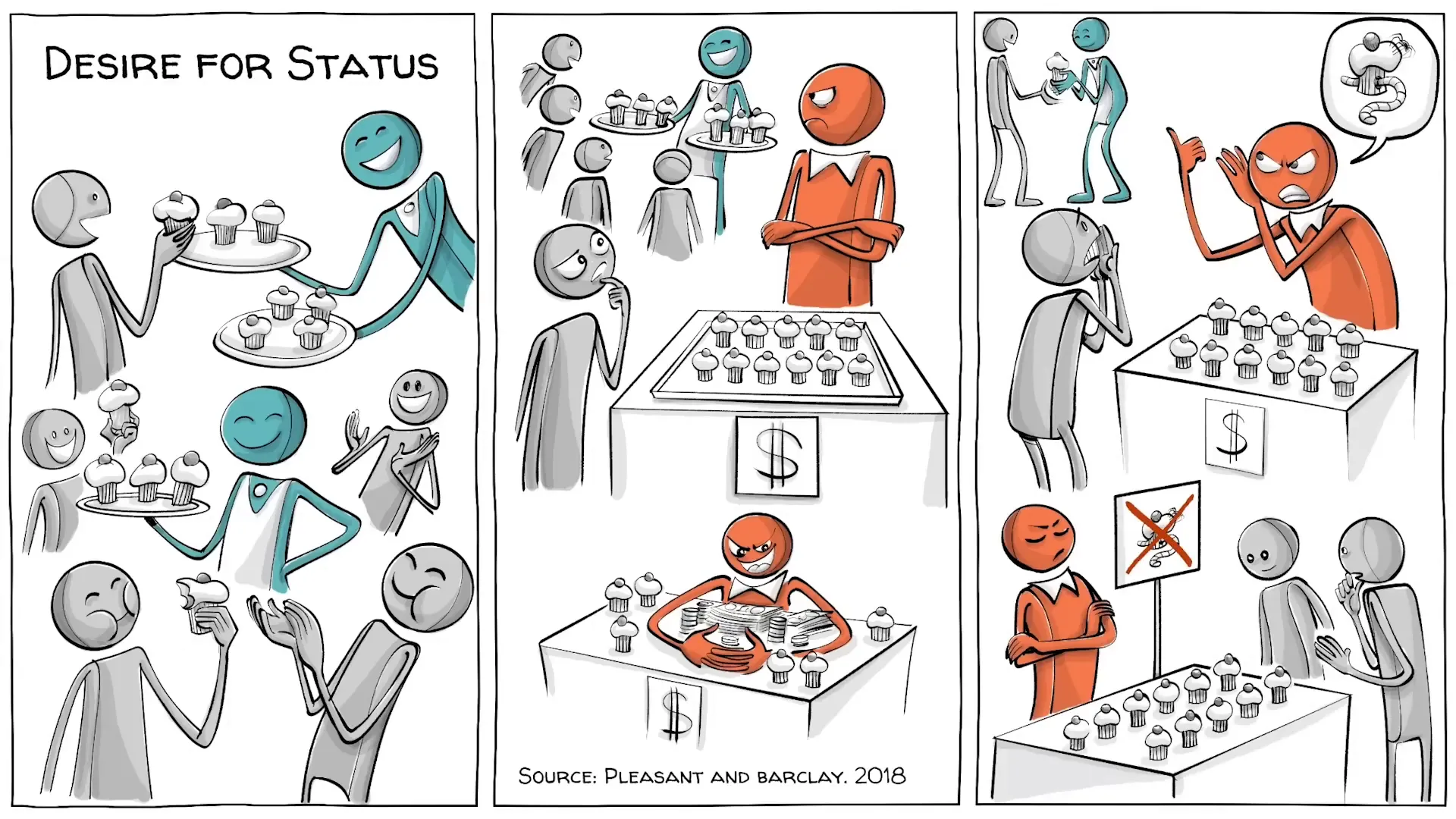
Threatened by Kindness
People often perceive themselves in the best possible light. When confronted with someone who acts generously, this self-image can be threatened, leading to resentment. For example, individuals who consume meat may discredit vegetarians, not necessarily because of any direct interaction, but due to their perception of being judged for their choices.
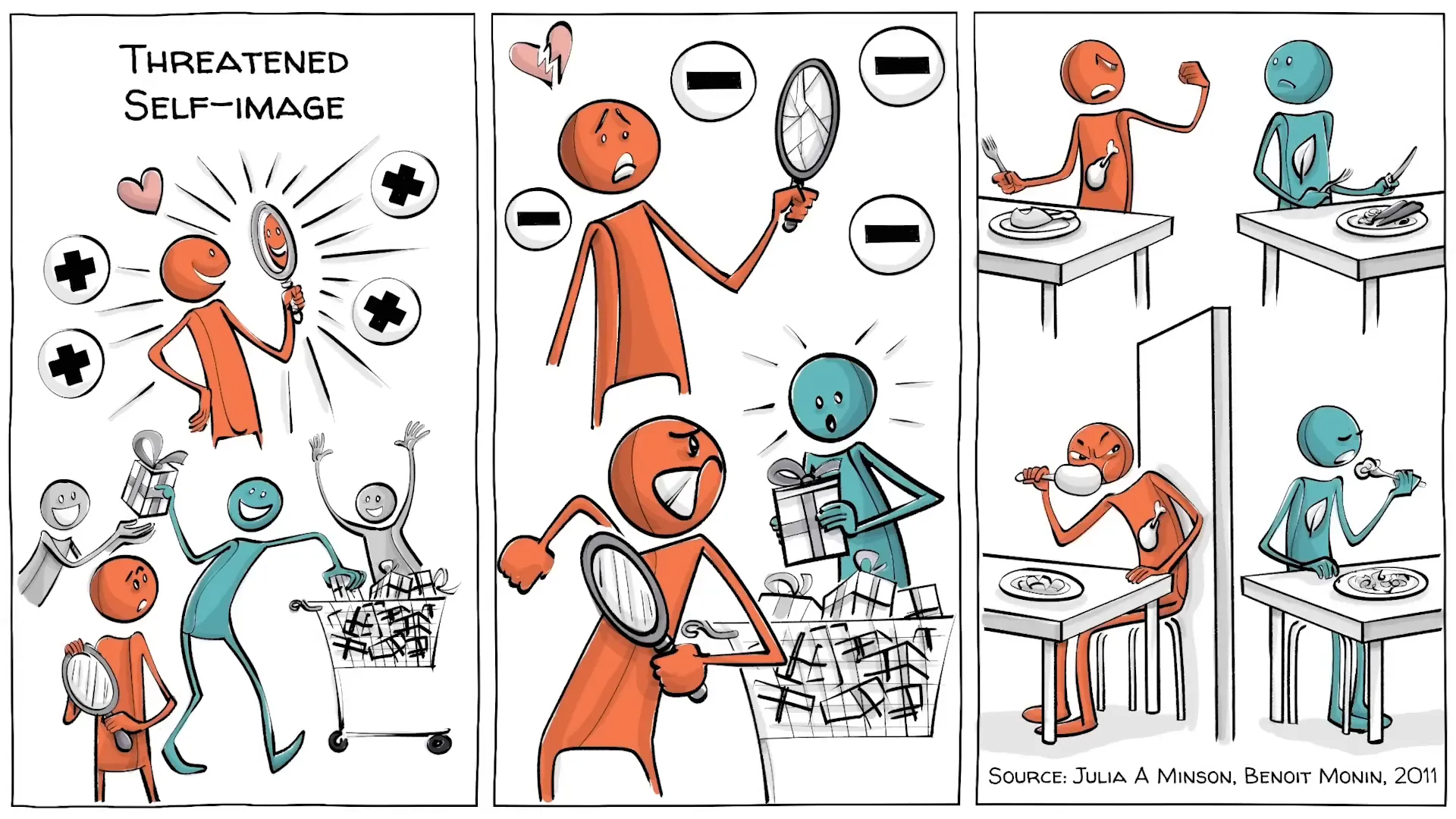
The Burden of Reciprocity
Being on the receiving end of altruism can evoke feelings of shame and guilt. These emotions may be projected onto those who are helpful, resulting in an urge to punish them. For instance, therapists who offer their services for free may find that their clients leave feeling unsatisfied, while those who charge a nominal fee often build more successful, long-term relationships. This highlights the complex dynamics of giving and receiving support.
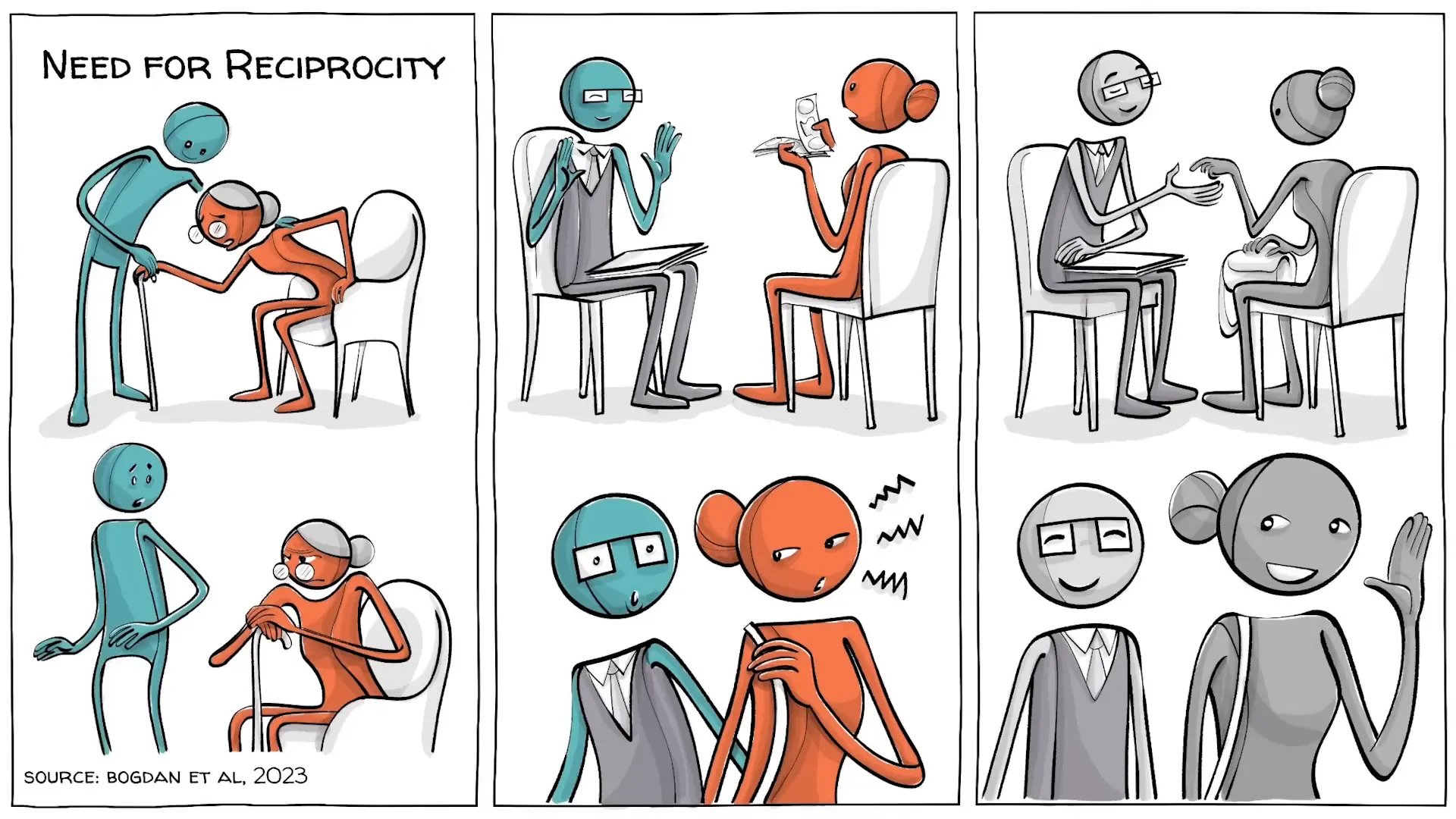
Global Insights
A 2008 study published in Science examined antisocial punishment across 15 countries. The findings indicated that antisocial punishment is more prevalent in cultures that encourage selfishness, exhibit high social inequality, and have governments with higher levels of corruption. This suggests that societal factors significantly influence our propensity to punish altruistic behavior.
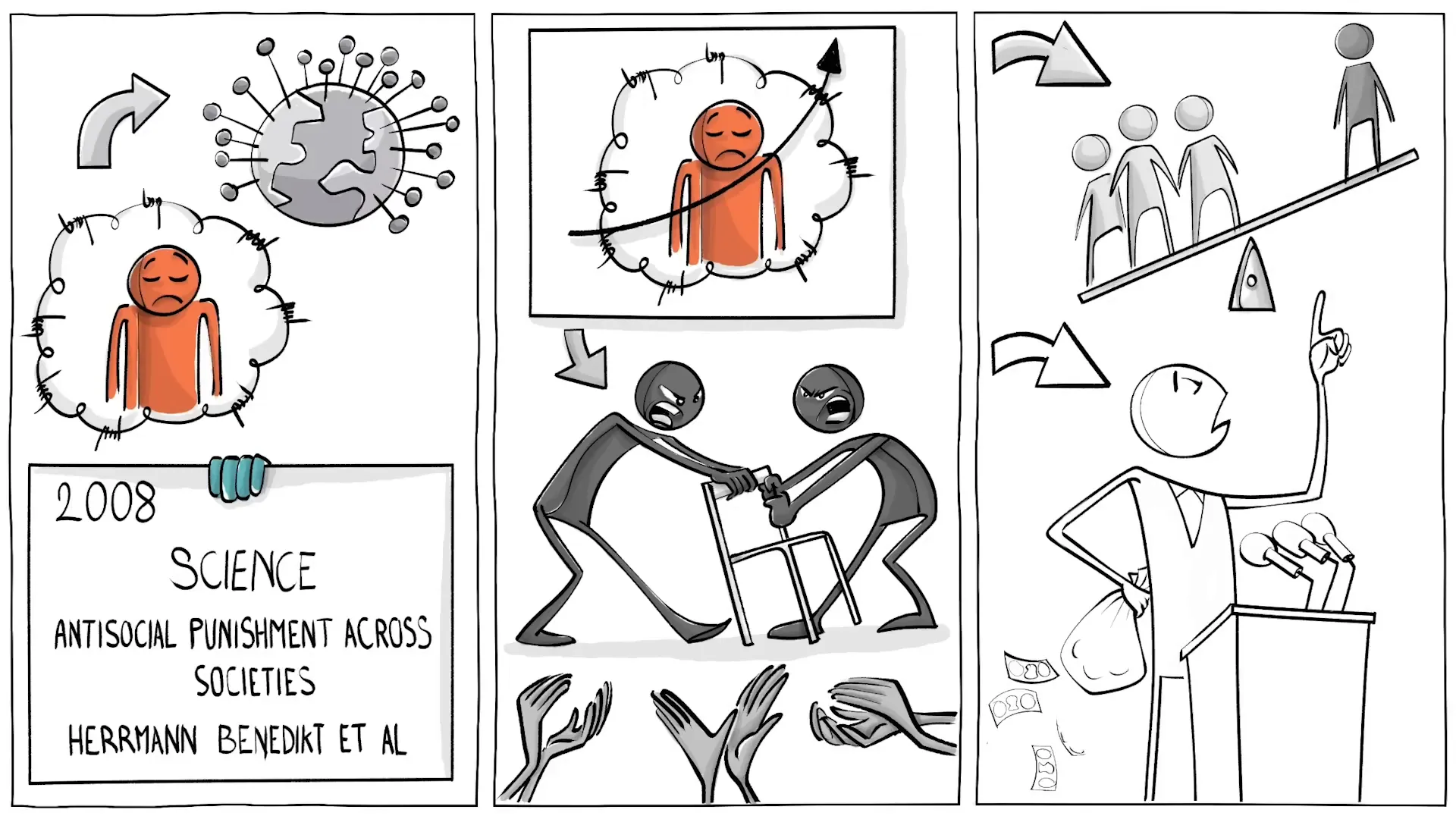
The Harm of Punishing Good Behavior
Despite our instinct to punish altruists, the cumulative effect of antisocial punishment can lead to a culture of mediocrity. This environment suppresses innovation and ultimately harms collective well-being. When individuals are discouraged from helping others, the whole community suffers as a result.
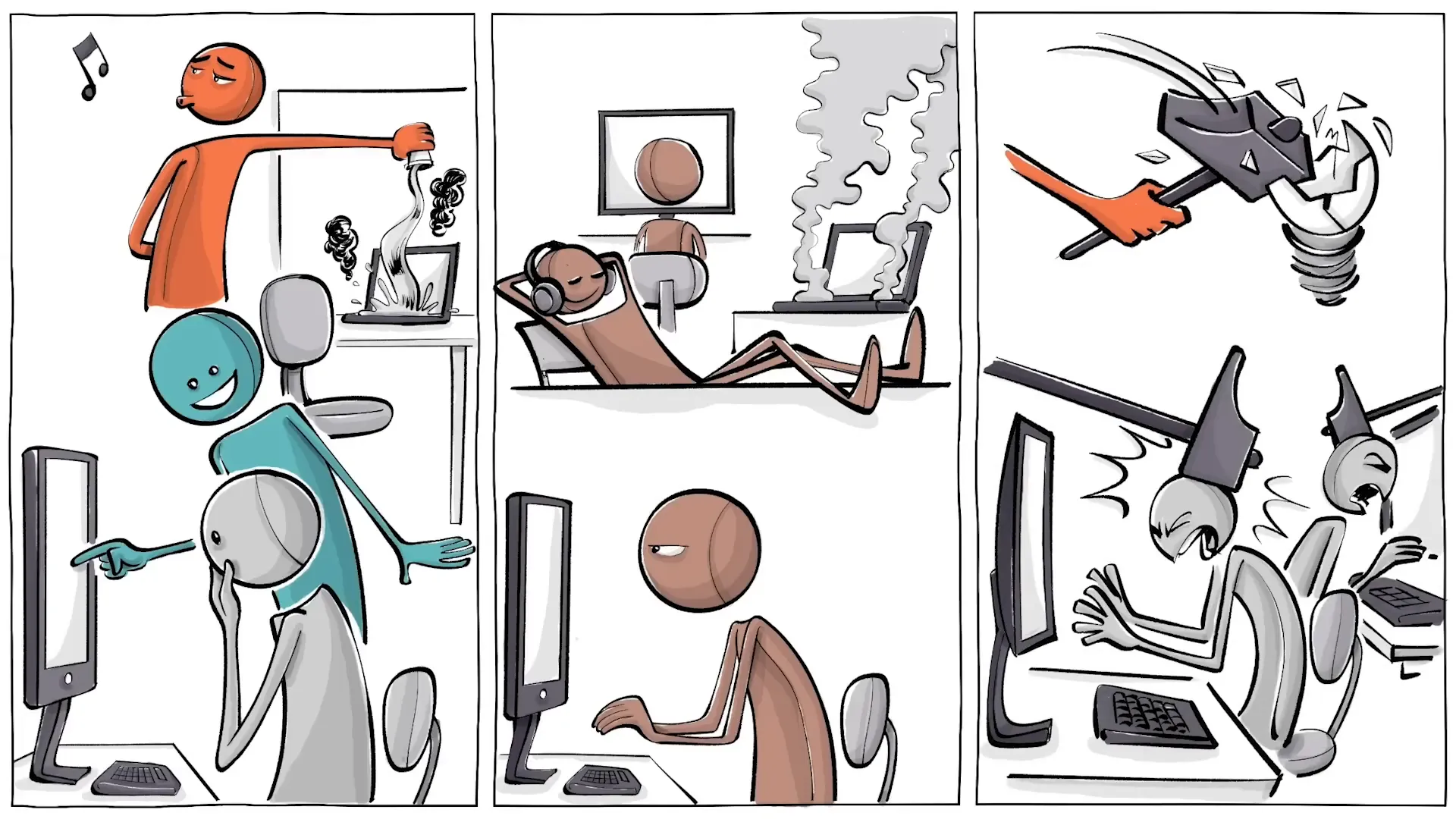
What Do You Think?
Have you ever been a victim of your good deeds? Have you felt the urge to punish someone who tries to be a better human being? Understanding these dynamics can help us foster a more supportive and encouraging community.
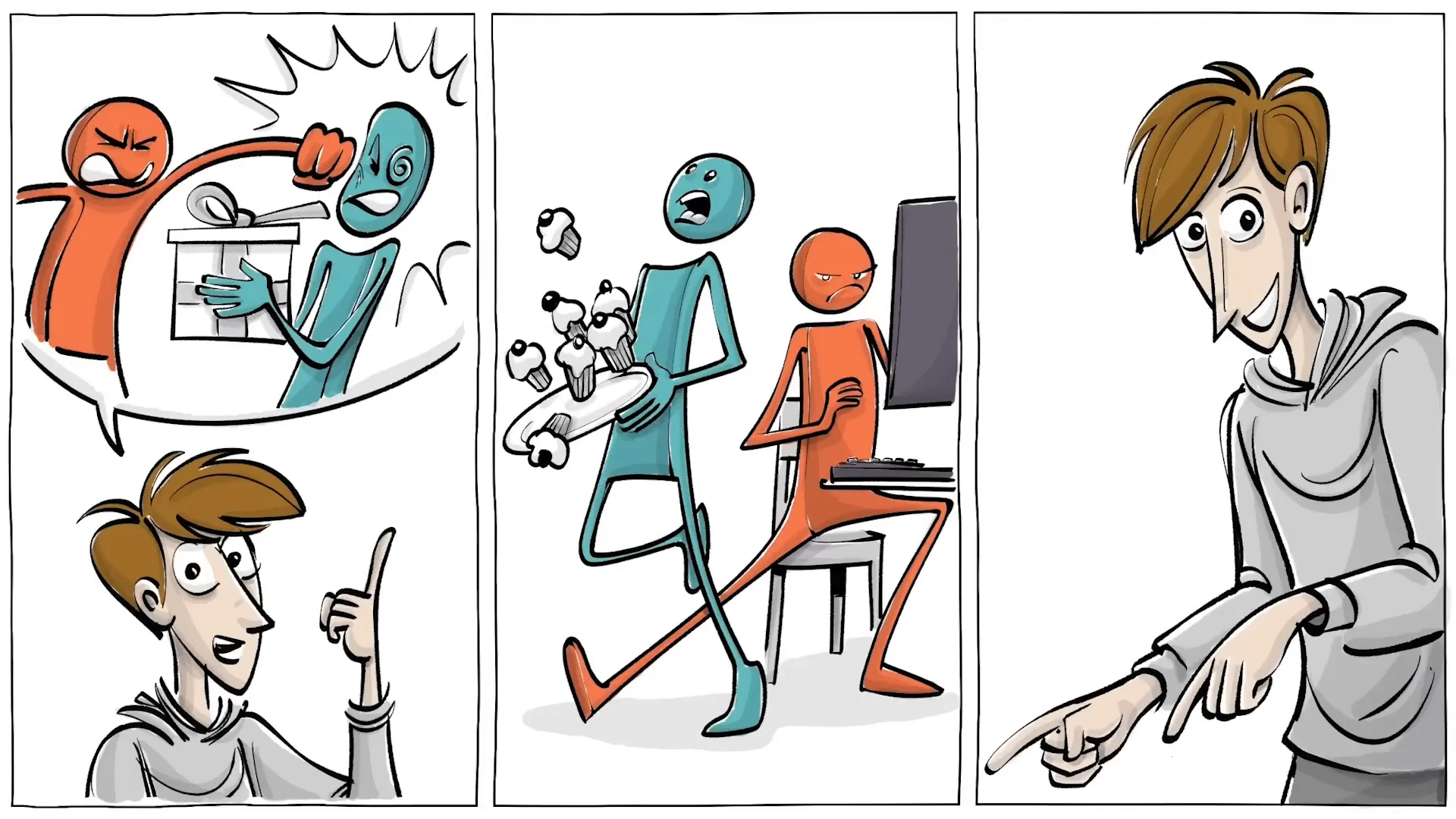
Book
In our ongoing efforts to enhance education, we’ve compiled our research into a book titled "The Unschooler Educational Dictionary." This book covers everything we know about learning, unveils the unintended consequences of compulsory education, and includes a complete guide to the alternative school movement. Order your copy from your favorite bookstore or check the links in the description.

Patrons Credits
We extend our heartfelt thanks to our patrons and members who made this content possible. Your support allows us to create free educational resources for everyone. If you’d like to join our community and support our mission, visit our Patreon page.
This article was created from the video Why Hate The Good Guys [Antisocial Punishment] with the help of AI. It was reviewed and edited by a human.



